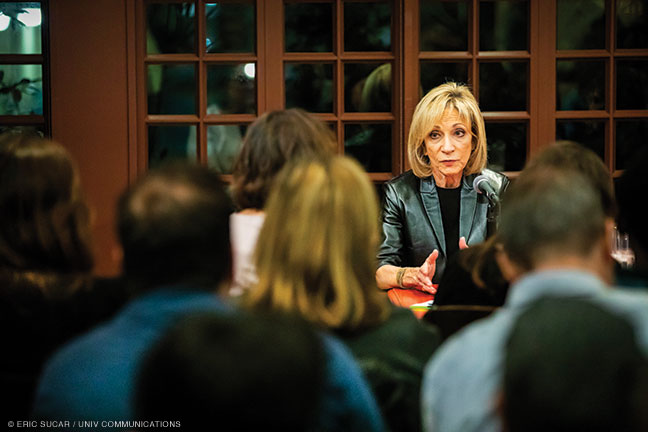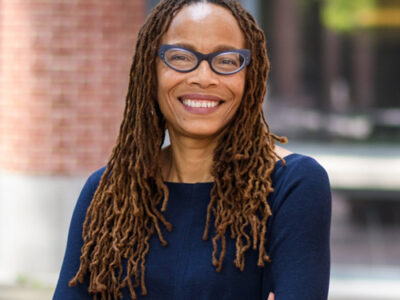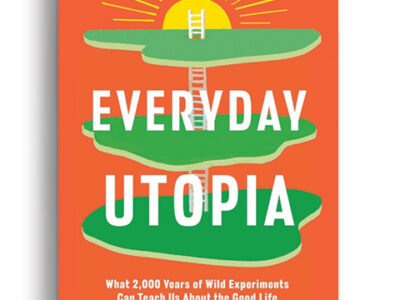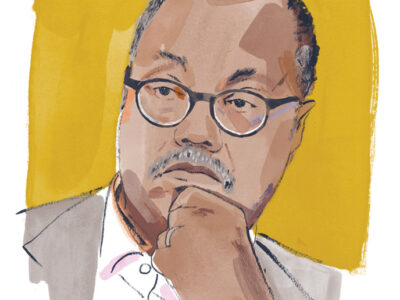
At Kelly Writers House, Andrea Mitchell explains that journalism should be about listening and preparation.
“It feels like I’ve come home,” said Andrea Mitchell CW’67 Hon’18, the veteran NBC News political journalist who paid a visit to her alma mater in mid-December—just hours after articles of impeachment were brought against President Donald Trump W’68.
Of course, there would have been no quiet day for Mitchell to sneak away from what she called the “intense” political scene in Washington, DC. But Mitchell makes it a point to keep up with the Kelly Writers House, which she described as a “magical place.” And it was Penn, noted Mitchell, a University trustee emerita, that laid the groundwork for a storied career that’s now entered its seventh decade.
In a wide-ranging conversation with Al Filreis, Kelly Family Professor of English and Writers House faculty director, Mitchell discussed her journalistic upbringing in Philadelphia and the sexism she had to overcome as a cub reporter. Much of her backstory, including run-ins with Philadelphia Mayor Frank Rizzo and Ronald Reagan’s Chief of Staff Donald Regan, are chronicled in her 2005 memoir Talking Back … to Presidents, Dictators, and Assorted Scoundrels [“Talking Back, Getting Hitched, Speaking Out,” Nov|Dec 2005].
Through all of those less-than-pleasant interactions with politicians, Mitchell has stayed true to her core beliefs about the value of journalism in holding powerful people accountable. Near the end of her appearance at Writers House, the NBC News chief foreign affairs correspondent responded thoughtfully to a Penn student about her process when it comes to asking questions in live interviews.
I often think that some of my mentors who went to law school are better than I am at asking questions, and certain people who have Jesuit training are better at asking questions. But what I try to do is listen to the answers. And I don’t go in with a preset notion and a list of questions that I’m going to ask. Because when you do that, you don’t hear when someone says something that may be new or interesting or provocative [and whether it] is correct or incorrect, which you’d want to challenge or follow up. So there’s an organic process involved.
I think there are times when questions can be too long, and you’re not getting the best response. It’s usually a good idea to ask questions, especially if it’s an adversarial interview, where you don’t know how the person’s going to respond but you know the factual answer so that you can then challenge it.
I don’t know this for a fact, but I’m pretty sure that in 1980 when Roger Mudd asked Ted Kennedy why he wanted to be president, that Roger Mudd, an experienced political correspondent working at CBS, had in the back of his mind that Ted Kennedy was too young, too inexperienced, and [had] too much riding on his family name to really be seriously challenging the president of the United States—or that many people thought that at least. And he was probing to see if Ted Kennedy had really thought through why he wanted to be president, other than that it would be part of the family legacy. … And it was devastating because Kennedy couldn’t answer the question. Ted Kennedy ended up being one of the greatest senators of all time in my view, and an extraordinary leader and legislator. But at that point, he was not prepared to explain why he wanted to be president. And that’s still a question I think could be appropriately asked of some of the people running: What is your vision?
—DZ




